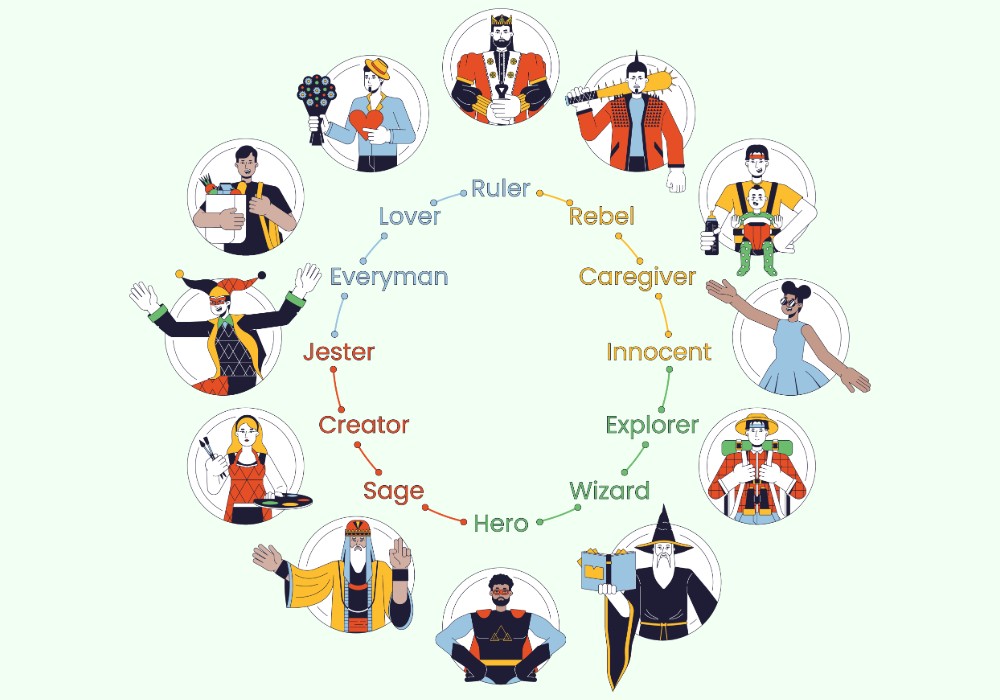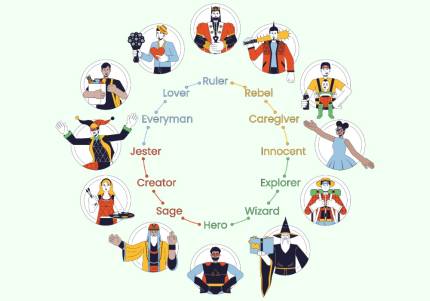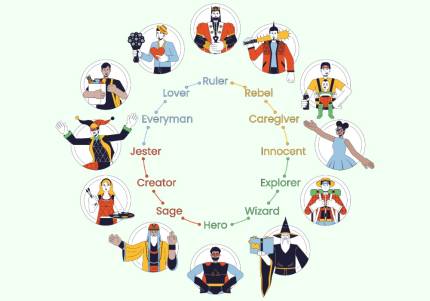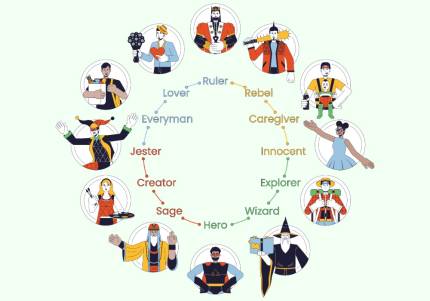The Psychology Behind Why We Love Taking Quizzes
- 16 May 2025

From BuzzFeed-style "Which Character Are You?" quizzes to sophisticated psychological assessments, people demonstrate an enduring fascination with personality tests and quizzes. This attraction crosses age groups, cultures, and educational backgrounds, consistently drawing millions of participants. Understanding the psychological mechanisms behind this widespread appeal reveals important insights about human nature and our quest for self-understanding.
The Self-Discovery Drive
At the most fundamental level, personality quizzes tap into our inherent desire for self-knowledge. Humans are naturally introspective creatures, constantly seeking to understand themselves better.
- Self-verification: Quizzes often confirm what we already believe about ourselves, providing validation
- Self-discovery: They can reveal aspects of ourselves we hadn't previously considered
- Self-expression: Sharing results allows us to communicate our identity to others
- Narrative creation: Results help us construct coherent stories about who we are
Cognitive Shortcuts and Biases
Several cognitive mechanisms make quizzes particularly appealing to the human mind:
| Psychological Mechanism | How It Works With Quizzes |
|---|---|
| Barnum Effect | Vague, general statements feel personally tailored |
| Confirmation Bias | We focus on results that confirm existing self-beliefs |
| Categorization Need | Human minds naturally organize complex information into types |
| Cognitive Ease | Simplified personality types reduce complexity of understanding people |
| Self-Serving Bias | We interpret ambiguous results in flattering ways |
Social Connection and Comparison
Beyond self-knowledge, quizzes fulfill important social functions that increase their appeal:
- Social identity formation - Finding "your tribe" through shared personality types
- Comparison opportunities - Understanding how you relate to friends and family
- Conversation starters - Creating easy topics for meaningful discussion
- Community building - Forming groups around shared types (e.g., MBTI communities)
- Status signaling - Some results carry positive associations people want to claim
Psychological Relief and Comfort
Personality quizzes also provide several forms of psychological comfort:
- Uncertainty reduction: In an unpredictable world, typing systems offer structure
- Normalization: Learning others share your traits validates your experiences
- External attribution: Explaining behavior through personality type rather than personal failure
- Future guidance: Many systems suggest career paths or relationship matches
The Entertainment Factor
Beyond deeper psychological needs, quizzes simply provide enjoyable experiences. The element of surprise and discovery activates dopamine reward pathways in the brain, similar to other forms of games. The brief, structured format with immediate gratification makes them particularly well-suited for digital consumption, explaining their prevalence on social media platforms.
Additionally, quiz-taking creates a brief respite from everyday responsibilities - a form of "productive procrastination" that feels more worthwhile than other diversions because it ostensibly leads to self-improvement or insight.
The Spectrum of Engagement
People engage with personality quizzes along a spectrum from casual entertainment to serious self-assessment. At one end, lighthearted quizzes like "Which bread type matches your personality?" offer momentary amusement. At the other end, formal assessments like career aptitude tests can influence major life decisions. The flexibility to engage at different levels of seriousness adds to their universal appeal.
Conclusion
Our enduring fascination with personality quizzes reflects fundamental aspects of human psychology - our drive for self-knowledge, need for social connection, desire for simplification of complex realities, and enjoyment of structured discovery. While we should approach their results with appropriate skepticism, understanding their appeal helps us appreciate how these seemingly simple tools satisfy deep psychological needs. In our increasingly complex world, the structured self-reflection that quizzes provide will likely continue to attract people seeking mirrors in which to view themselves more clearly.



